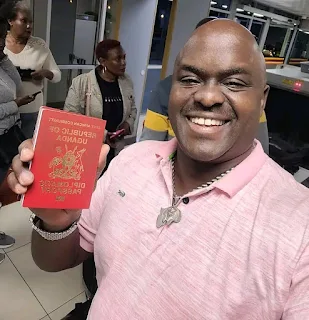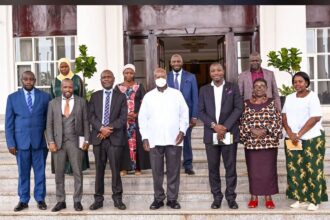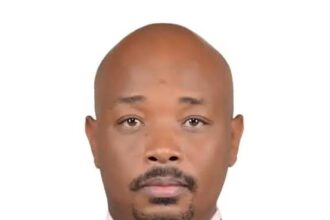At one time, the now fractious Forum for Democratic Change (FDC) had the largest number of opposition MPs, and they elected the first Leader of Opposition in Parliament, Prof. Ogenga Latigo.
Latigo, who was elected served for five years. The country had just returned to multi-party democracy at the time. His tenure was calm. There was no confusion in Parliament. He was a mature and well-selected leader who would wink at his equally well-collected Leader of Government Business in Parliament, Prof. Apolo Nsibambi.
However, when FDC introduced the practice of the party president selecting the Leader of Opposition rather than the election that is envisioned within the Administration of Parliament Act, 2006, hell broke loose. The fights were intense. Intrigue also came in. The centre could not hold anymore.
Now we have the clueless National Unity Platform (NUP). The NUP leader, Robert Kyagulanyi aka Bobi Wine who never consults anyone, decided to appoint a political novice, Joel Ssenyonyi as the Leader of Opposition, replacing a seasoned politician, Mathias Mpuuga. Their party has never been the same. The fall-out is real, and for us within the ruling National Resistance Movement (NRM) just feel pity for them.
However, this practice of the party president of the party with the largest number of opposition MPs to select the Leader of Opposition instead of opting for an election as it is envisioned by the law.
So, about three weeks ago, Mityana South MP, Richard Lumu, was granted permission to introduce a private member’s Bill to amend the Administration of Parliament Act, the law that governs the election of parliamentary leaders.
In the Bill, Lumu wants the law changed to warrant the election of both the Leader of the Opposition and the Chief (Opposition) Whip.
This move has stirred significant debate, particularly within the National Unity Platform (NUP). The opposition boycotted the parliamentary sitting in Gulu, the first of four planned regional sitting, where Lumu was granted permission to bring the amendment.
Although many serious analysts have argued that Lumu’s Bill will bring sanity in Parliament, NUP opportunists have resorted, as usual, to abusing the MP and discrediting his Bill.
The framers of the law envisioned a system with two strong parties, much like in America, where one doesn’t have to struggle too much.
In 1980, there were also two major parties, UPC and DP. But now, we have a situation where there are seven parties in opposition. So, are these NUP detractors telling us that the other opposition members are useless, yet when you need their votes, they become useful?
The current law is inadequate. The people who wrote it were likely influenced by the context of the 1980 parliament.
What the Lumu Bill is suggesting is the need approach politics differently because it has evolved over time. It also seeks to operationalize the Administration of Parliament Act, 2006, which clearly roots for the election of the Leader of Opposition.
So, why would any sane person reject elections if they openly root for democracy?
Lumu’s Bill does not target at any individual as NUP people want us to believe, noting that it is geared at Ssenyonyi.
The Bill is intended to streamline parliamentary operations. The Bill also proposes several key changes, including altering the process for selecting the Leader of the Opposition.
Under the proposed amendments, the Leader of the Opposition would be elected by Members of Parliament from the party with the largest number of opposition MPs, chosen from among three nominees provided by the party.
Currently, party leaders appoint the Leader of the Opposition. Other significant proposals in the Bill include changes to the election of the Chief Opposition Whip, who would be chosen by all opposition MPs.
The Bill also seeks to allow independent MPs to have a whip and ensures that a parliamentary commissioner is selected from opposition parties other than the largest one.
Additionally, the Deputy Speaker would be elected from among the opposition, and the number of MPs required to censure the Speaker, Deputy Speaker, and Commissioners would be reduced from two-thirds to 100.
Furthermore, the Bill proposes that a presidential candidate who secures 100,000 votes should be allowed to become an MP. These proposals aim to reshape the structure and functioning of parliamentary leadership, particularly within the opposition.
Instead of seizing this opportunity to improve the law, they are simply making noise.
So, Lumu’s proposals might have some challenges here and there, but largely if it is passed by Parliament, it will create sanity, especially within the often aloof NUP and office of the Leader of Opposition.
The writer is the deputy RDC Manafwa and a member of Kasangati Rotary Club
Do you have a story in your community or an opinion to share with us: Email us at Submit an Article









